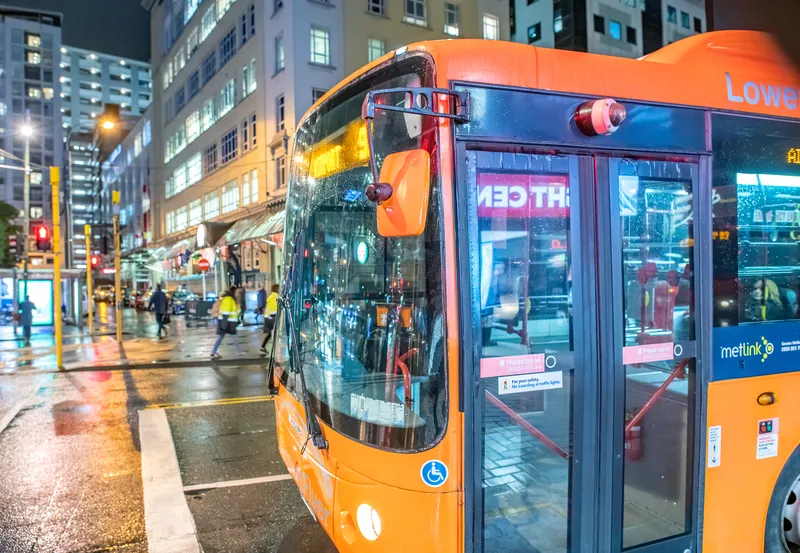Transport for London (TfL) has announced the shortlisted bidders for its Electra contract to take the capital’s transport ticketing systems into the next decade. Cubic Transportation Systems, LG CNS Co CNF and Scheidt and Bachmann will be invited to submit detailed bids with the contract to be awarded by October 2014. The new contract will commence from August 2015 upon the expiry of TfL’s current contract for ticketing systems. The Electra contractor will assume responsibility for the provision and mainten
August 5, 2013
Read time: 2 mins
The Electra contractor will assume responsibility for the provision and maintenance of front and back office revenue collection systems for all of TfL’s services at 400 tube, Docklands Light Rail and London overground stations, 250 National Rail stations in London and an off-system retail network of 4,000 Oyster agents. This includes ensuring that all of the gates are maintained and available, that Oyster readers on buses and at stations, platforms and retail outlets are working reliably, that the systems transferring transactions from the Oyster readers to the back office are operating efficiently and that systems are integrated to support TfL’s plans for the widespread use of contactless payment cards across the network.
The Electra contract term is for seven years with an early exit option at five years and extension options of up to three years.
Matthew Hudson, TfL’s customer experience head of business development, said: “We now have a shortlist of bidders for the Electra contract and we will be providing further information to them about our detailed requirements over the coming months. One of the key things we will be looking for from the successful bidder is a contract that delivers the high quality of service and value for money that our customers demand.”








